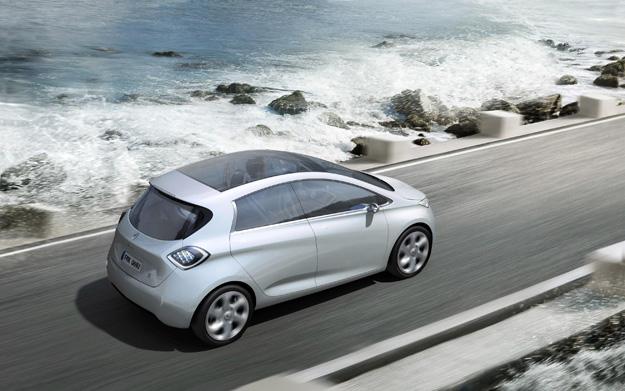
The automotive alliance between Renault-Nissan has set its sights on Russia’s largest automaker, Avtovaz, according to the BBC.
Avtovaz, owners of the no-frills, economy Lada brand, will see an increased investment from the Franco-Japanese partnership of Renault and Nissan. The deal, which is structured as a joint venture between Renault-Nissan and state corporation Russian Technologies, will provide Renault-Nissan 67.13 percent control the venture and subsequently own 74.5 percent of Avtovaz.
A memorandum of understanding has been signed by all parties in Paris, and as a result of Renault-Nissan’s increase stake in Avtovaz, both manufactures could be allowed to begin production of vehicles alongside Ladas in Togliatti, Russia. If this were to happen, it is projected that as many as 1.6 million units per year could be manufactured in Togliatti, effectively making the plant one of the largest automotive manufacturing facilities in the world.
According to details of the venture, Renault will invest $300 million and Nissan will invest $450 into the deal over the next two years, which should come into full effect by 2014.
While we’re not entirely sure what this venture will translate to in regards to any new vehicle production. Renault-Nissan’s latest move will surely provide an increased platform to launch and undergo vehicle production in the Russian market. Nissan has been particularly busy as of late readying the launch of its recently revived Datsun nameplate as a budget brand in emerging markets such as Indonesia, India, and Brazil. Considering its increased share in Avtovaz and enhanced manufacturing capabilities within Russia, the deal could very well pave the way for the Datsun brand into Russia’s automotive economy and bring about economies of scale.
Of course, what’s good for Nissan is good for Renault. The French automaker has a 43.4 stake in Nissan, while Nissan holds a 15 percent of Renault shares, making the Renault-Nissan alliance the fourth largest auto manufacturer in the world by volume.
Editors' Recommendations
- Tesla Model Y vs. Nissan Ariya: Can Tesla take out Nissan’s electric crossover?
- Nissan predicts you will get sick of seeing giant infotainment screens
- Fiat-Chrysler pressured dealers to take extra inventory to boost sales numbers
- Most people want to keep their cars away from full self-driving, study says
- McLaren applies F1 tech to health care, air-traffic control, Wi-Fi, and athletics


